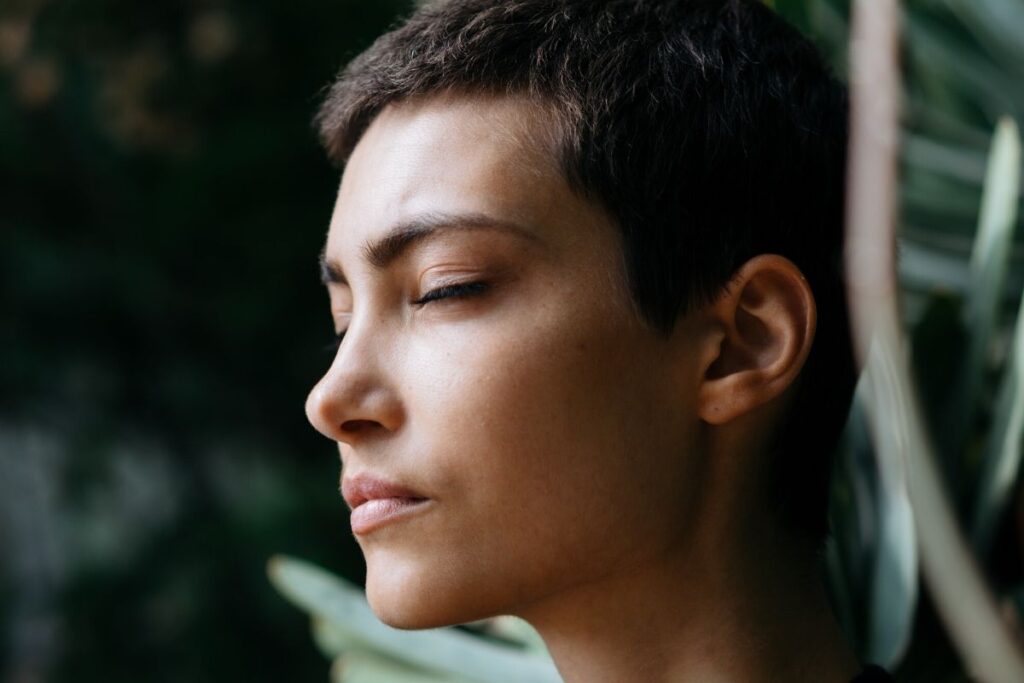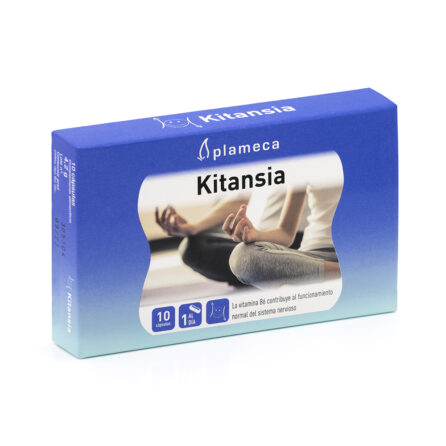More and more people experience anxiety, both occasionally and on a regular basis. The fear of uncertainty, of what will happen or of facing situations that we perceive as uncomfortable or difficult can cause us this evil of many. We explain the most common symptoms of anxiety and techniques to alleviate it.
Anxiety is not bad per seIn fact, it is a normal reaction that can help us to face a situation and for this purpose it gives us a boost of energy or helps us to concentrate, but this natural reaction that was activated in our ancestors when we faced the danger of being eaten by a lion when we crossed paths with it in the jungle, is now activated when our boss wants to meet us at the last minute and we don't know why, for example.

Most common symptoms
There are countless symptoms associated with anxiety, but we show you the most common and also the easiest to identify to know if you are suffering from it and you can remedy it.
- Excessive concern
- Concentration problems
- Feeling of pressure
- Irritability
- Uneasiness
- Fatigue
- Muscle tension
- Sleep disorders: trouble falling asleep or waking up several times during the night.
- Panic attacks
But anxiety is also reflected in physical symptoms, among which:
- Headache
- Sweating
- Difficulty breathing
- Changes in heart rate
- Digestive system problems such as diarrhea or nausea.
- Dry mouth
- Dry mouth
- Head and/or neck tension
You can experience anxiety and not have all the symptoms described, each person is different. If you have doubts about whether you have anxiety, we advise you to contact your doctor. Also note that anxiety can be mild, moderate or severe and there are different types of anxiety disorders, such as panic disorder or generalized anxiety disorder.

Techniques to relieve anxiety
We recommend different techniques so that you can relieve it, keep in mind that you do not have to follow all of them, just find those with which you feel more comfortable. It is better to incorporate techniques into your routine gradually than to want to do everything at once. In fact, it is likely that the latter will overwhelm you and you will have the feeling that you are not making progress towards your goal.
- Know yourselfIt is important that you recognize what is happening to you and what is causing it so that you can remedy it. We recommend that you seek a specialist to help you with it.
- DietOur frenetic lifestyle often pushes us to consume a lot of ultra-processed foods and to take little care of our diet. Take your time for each meal, eat sitting down and eat healthy food.
- Sports practiceThe "Hormone cocktail": it provides you with a hormonal cocktail that benefits your body and mind and distracts you from your worries.
- Conscious breathingYou may think you already do it or that something so basic can't help you, but don't underestimate the importance of good breathing. Anxiety usually accelerates our breathing, because in that situation the body needs more oxygen. Do 10 slow inhalations, filling first the abdominal area and finally the chest (you can place one hand on your abdomen and one on your chest to "feel" the breaths) and exhalations, emptying first the chest and then the abdomen. You can breathe in and out through your nose or breathe in through your nose and out through your mouth.
- Laugh and smileThe effects of these substances: they contribute to the release of dopamine, endorphins and serotonin. This relaxes the body, reduces the heart rate and lowers blood pressure. It does not solve the problem, but it alleviates it.
- MindulfnessWe often worry about things that have not yet happened, about the future. That is why it is important to focus on the present moment, just what mindfulness advocates, to be intentionally attentive to what we do, without judgment or attachment.
- Yoga and pilates: although the yoga is already considered a sport, they are disciplines that, when well practiced, help us to enter a state of relaxation that helps to combat anxiety.
- Talk about what is happening to youIn confidence, of course, but by doing so you give others the opportunity to understand your process and to help you if they are in a position to do so. But not only that, it is one of the favorite ways for Spaniards, along with sport, to combat the dreaded anxiety.

You can also try natural food supplements, such as Kitansia or medicinal plants traditionally known for calming the nerves.







